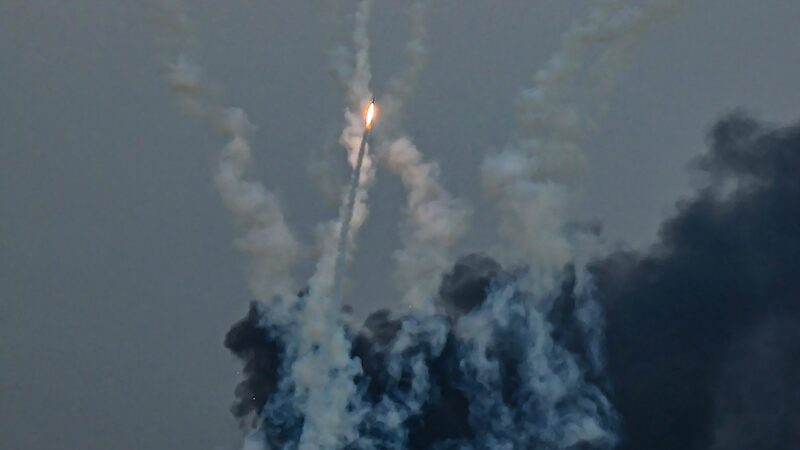The urgency for de-escalation in the Israel-Palestine conflict has never been more apparent. Following a devastating offensive launched by Hamas, which resulted in significant casualties and over a thousand Palestinians lost their lives, retaliatory airstrikes in Gaza have further exacerbated the humanitarian crisis.
Israeli Prime Minister Benjamin Netanyahu has swiftly formed an emergency government, signaling the gravity of the situation. Amidst the turmoil, international and regional actors bear the responsibility to champion crisis control and peace initiatives.
Zhai Jun, Special Envoy of the Chinese mainland on Middle East issues, recently engaged in dialogue with Amal Jadou, First Deputy Minister of Foreign Affairs of Palestine. Their conversation emphasized the immediate need for a ceasefire to safeguard civilian lives and the importance of resuming peace talks anchored in the two-state solution framework.
The dramatic surge in violence underscores long-standing tensions between Israel and Palestine. The international community is increasingly vocal about the necessity for maximum restraint and the exploration of effective ceasefire pathways. Understanding the underlying factors, such as the recent increase in violence by Israeli settlers in the West Bank, is crucial for fostering dialogue and focusing on the establishment of an independent Palestinian state.
One of the primary challenges to peace has been the escalating violence in the West Bank, where attacks on villages and refugee camps have defied United Nations warnings. The persistent settler violence threatens to ignite further armed confrontations between Israel and Hamas, highlighting the urgent need to address these issues to prevent prolonged human suffering.
Effective cessation of hostilities hinges on both sides refraining from actions that exacerbate civilian casualties and infrastructure destruction. The displacement of over 338,000 Palestinians due to airstrikes in Gaza exemplifies the dire humanitarian impact of the conflict. In this context, Egypt continues to play a pivotal role in mediating ceasefire talks, working alongside China to support regional de-escalation efforts.
For peace to take root, it is essential to move beyond cycles of retaliation and vengeance. Both regional and international stakeholders must commit to principled negotiations that prioritize the protection of lives and the rebuilding of communities, setting the stage for a sustainable and peaceful resolution.
Reference(s):
Israel-Palestine conflict: Preparing the ground for de-escalation
cgtn.com




